AMI & AMR
Neighborhood Area Networks
Designing Successful AMI Implementations with Data Analytics
AMI & AMR
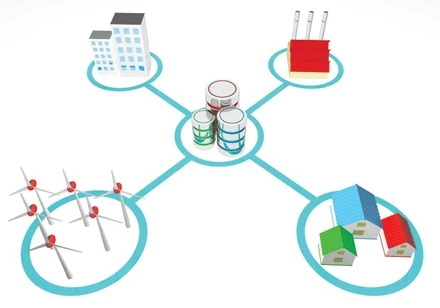
Smart Meters for Outage Management
Reviewing the benefits and addressing the obstacles
BY RON CLANTON & MARK HOLLIDAY, KPMG LLP
The outage management process has undergone remarkable changes over the last several decades. The need to respond to power outages when they occur has been around since the first lines were run from utility to customer. The outage management system (OMS) applications of today are far different from systems used just a decade ago. Higher customer demand for reliability and...
Related Articles
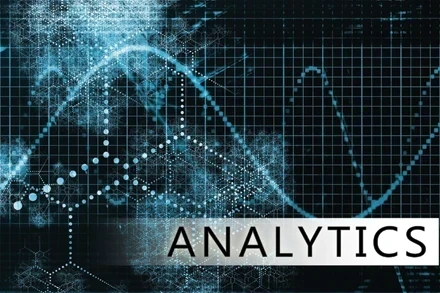
Designing Successful AMI Implementations with Data Analytics
How to design successful AMI implementations with data analytics BY KEVIN CORNISH & ROB YOUNG, Black & Veatch Electric utilities embarked on their smart meter programs envisioning the delivery of quantifiable benefits as well as strategic value. Initial business cases were developed to...
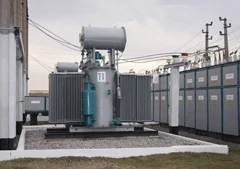
Advanced Energy Meters & Power Quality
Addressing concerns from the utility and end user’s perspective BY DAVID BOVANKOVICH, E-Mon The increasing sophistication of commercial and industrial devices and equipment continues to drive the critical need for clean, dependable, stable electric power. As such, power quality continues to gain...
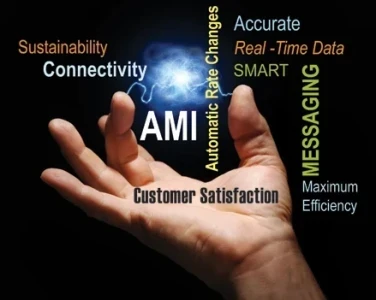
In-Home Display Connectivity
Optimizing conservation benefits through AMI BY MELODY TOMKOW, Aztech Associates The conservation benefits of ‘real-time’ electricity consumption information provided by home energy monitors, also known as in-home displays, have been studied repeatedly over the past decade. Recent...
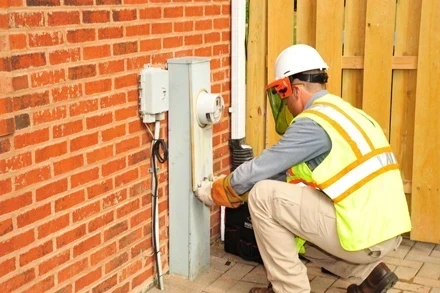
Smart Meter Deployment & Transitions
In the past 100 years, customer interaction with electric utilities has not changed significantly. However, with the introduction of smart meters, customers are now able to sign up for new programs and access their electricity usage data. In early 2013, the Illinois Energy Infrastructure and...
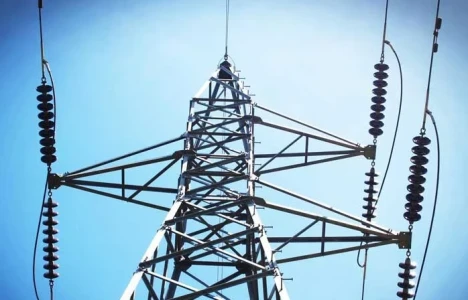
FERC Complaint Targets Duke, PJM Transmission Planning
A coalition of large energy consumers and ratepayer advocates has filed a complaint with the Federal Energy Regulatory Commission (FERC), urging the agency to prohibit transmission owners from independently planning "local" transmission projects exceeding 100 kilovolts (kV). The coalition argues...
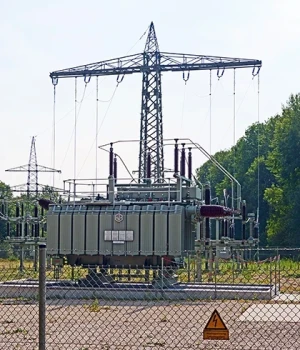
Smart Transformers: Enhancing Grid Efficiency and Reliability
The evolving demands of modern power grids necessitate the adoption of advanced technologies that can provide enhanced efficiency, reliability, and flexibility. Smart transformers are at the forefront of this technological revolution, offering a range of capabilities that significantly improve the...
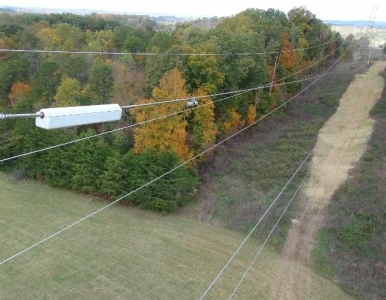
The End of the Road for Transmission Incentives
In a significant shift, the Federal Energy Regulatory Commission (FERC) has decided to abandon its transmission incentives policy, particularly the construction work in progress (CWIP) incentives. This decision marks a pivotal change in how transmission projects are financed and regulated,...

DOE Grants $2.2B for Transmission and Storage Projects
In a landmark move aimed at accelerating the U.S. transition to a more resilient and sustainable energy grid, the Department of Energy (DOE) has announced a groundbreaking investment of $2.2 billion in innovative transmission and energy storage projects across 18 states. This significant funding...

Smart Meter Deployment & Transitions
In the past 100 years, customer interaction with electric utilities has not changed significantly. However, with the introduction of smart meters, customers are now able to sign up for new programs and access their electricity usage data. In early 2013, the Illinois Energy Infrastructure and...

Tracking Smart City Trends
Already, smart city technologies are strong in Europe and the Middle East. Now, cities all over North America are joining the smart cities movement as well. Once the journey begins, a city quickly realizes that it cannot become smart and sustainable without the help of its electric power utility....
